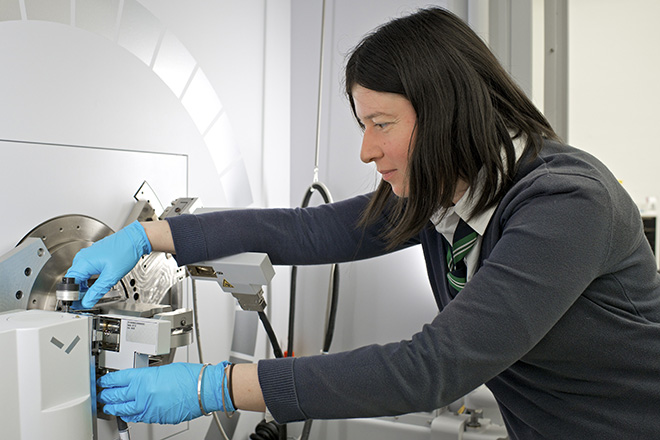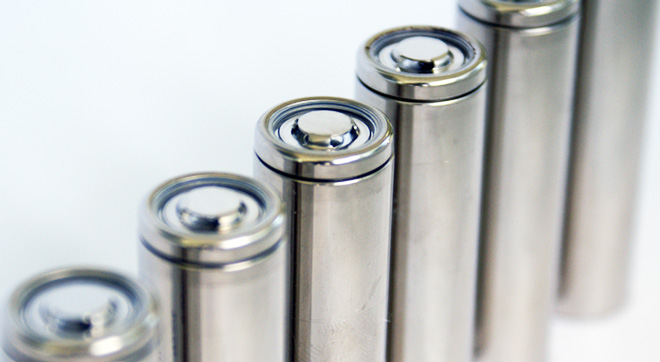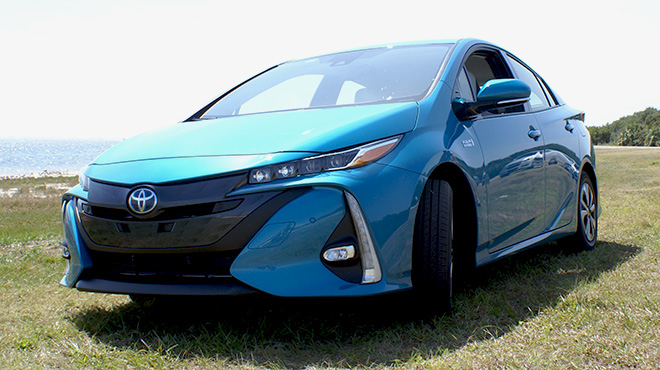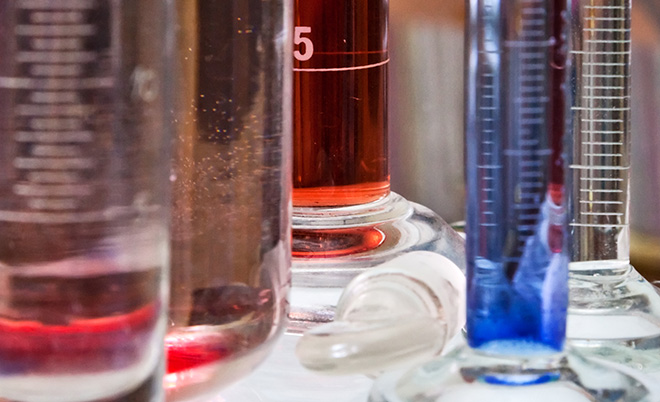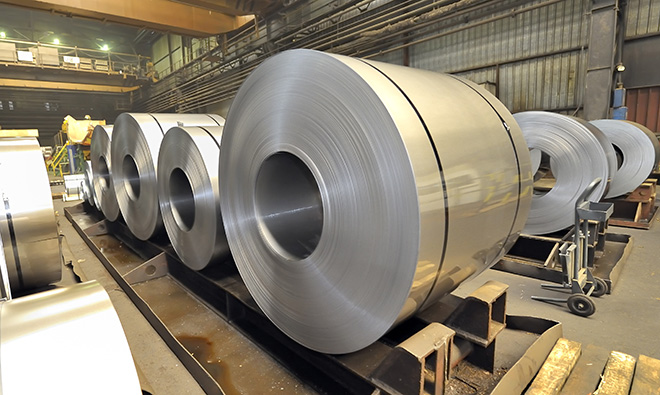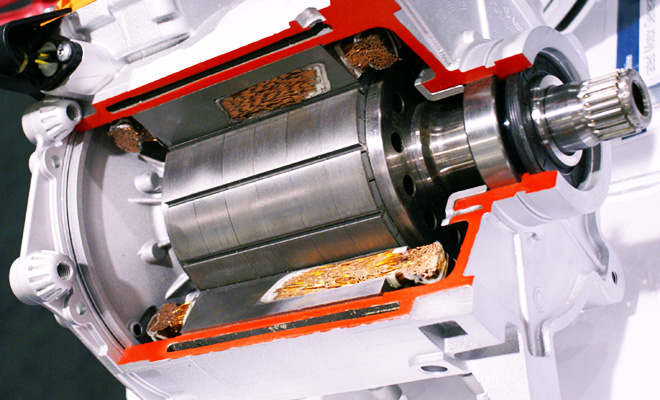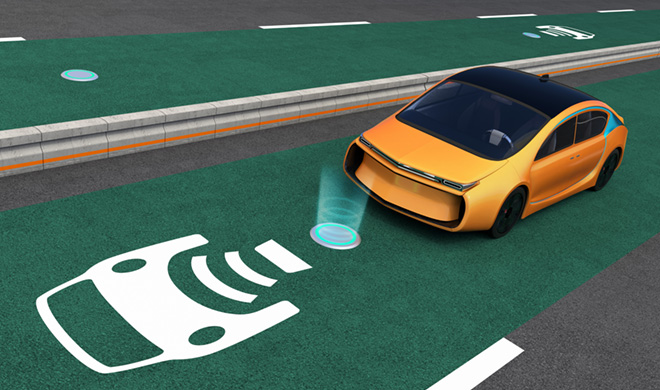Researchers at the Paul Scherrer Institute (PSI) in Switzerland and the Université Grenoble Alpes in France have developed a simple method that they say can improve the performance of lithium-sulfur batteries by 25-30%. In “Direct observation of lithium polysulfides in lithium-sulfur batteries using operando X-ray diffraction,” published in Nature Energy, Joanna Conder and colleagues reported… Read more »
Search Results Found For: "Performance Team "
Forge Nano to commercialize NREL-developed solid electrolyte coatings
The DOE’s National Renewable Energy Laboratory (NREL) has entered into an exclusive license agreement with Forge Nano to commercialize NREL’s patented battery materials and systems. A feature of the technology is the encapsulation of materials with solid electrolyte coatings that can be designed to meet the needs of any battery application. These batteries feature a… Read more »
Hyundai launches Ioniq with three distinct powertrain choices: EV, PHEV and hybrid
In the short history of the modern EV industry, it’s been common for automakers to launch plug-in cars under a new brand or model – particularly those companies who are serious about selling EVs at scale. Or, at least the ones that want to appear serious about selling a lot of EVs. Even though Hyundai… Read more »
Historic Finnish ferry goes electric
Since it entered service in 1904, the Föri ferry in the Finnish city of Turku has been upgraded from steam to diesel power, and now to electricity. Finland’s oldest operating ferry has now become the nation’s first all-electric passenger vessel after being fitted with a new electric powertrain from Visedo. Local boatyard Mobimar performed the… Read more »
Peppy young filly meets old workhorse: Prius Prime vs 2006 Prius
The Toyota Prius is one of those cars that you see everywhere – it isn’t exactly an “old classic,” like an aging Corvette or Cadillac, but rather an “old faithful,” like a Honda Civic or a Volvo. Their owners don’t take them to classic car shows, but many of these workhorses have been on the… Read more »
New fluorinated sulfone electrolytes enable high-voltage, high-energy Li-ion batteries
Researchers at Argonne National Laboratory have synthesized a new class of fluorinated sulfone electrolytes to enable high-voltage, high-energy Li-ion batteries. In “Oxidatively Stable Fluorinated Sulfone Electrolytes for 5-V Lithium-ion Battery,” published in the RSC journal Energy & Environmental Science, Chi-Cheung Su and colleagues explain how they evaluated the physical and electrochemical properties of the new… Read more »
Novelis to provide aluminum for NIO EVs
Aluminum supplier Novelis has agreed to provide aluminum for NextEV’s line of NIO EVs. NIO will use Novelis Advanz aluminum alloys to create a range of structural components and parts for its electric SUV models, which it plans to launch over the next five years. The aluminum for NIO will come from Novelis’s new $100-million… Read more »
Tesla’s chief motor engineer discusses the potential of next-generation motor technologies
Tesla spends a considerable amount of resources on basic research into EV systems – as well it should. EV technology is very young compared to that of ICE vehicles, so it’s safe to assume that, in a few short years, the aggregate of many incremental technology advances could lead to significantly better EVs. Of course,… Read more »
Mkango is developing new rare earth alloys for 3D-printed magnets
Canada-based Mkango Resources has teamed with UK-based Metalysis to develop and commercialize novel rare earth metal alloys for use in 3D-printed permanent magnets. The two companies envisage a comprehensive R&D program, taking advantage of Mkango’s knowledge about the performance characteristics and demand outlook for rare earth magnets and Metalysis’s solid-state process, which it says can… Read more »
Honda developing dynamic charging system that works at speeds up to 96 mph
At the upcoming SAE World Congress Experience, a team from Honda R&D will present a paper entitled “Study of High Power Dynamic Charging System,” which describes their work on a dynamic charging system that uses high power to charge a moving EV, with the goal of realizing an unlimited vehicle range. The current study is… Read more »




